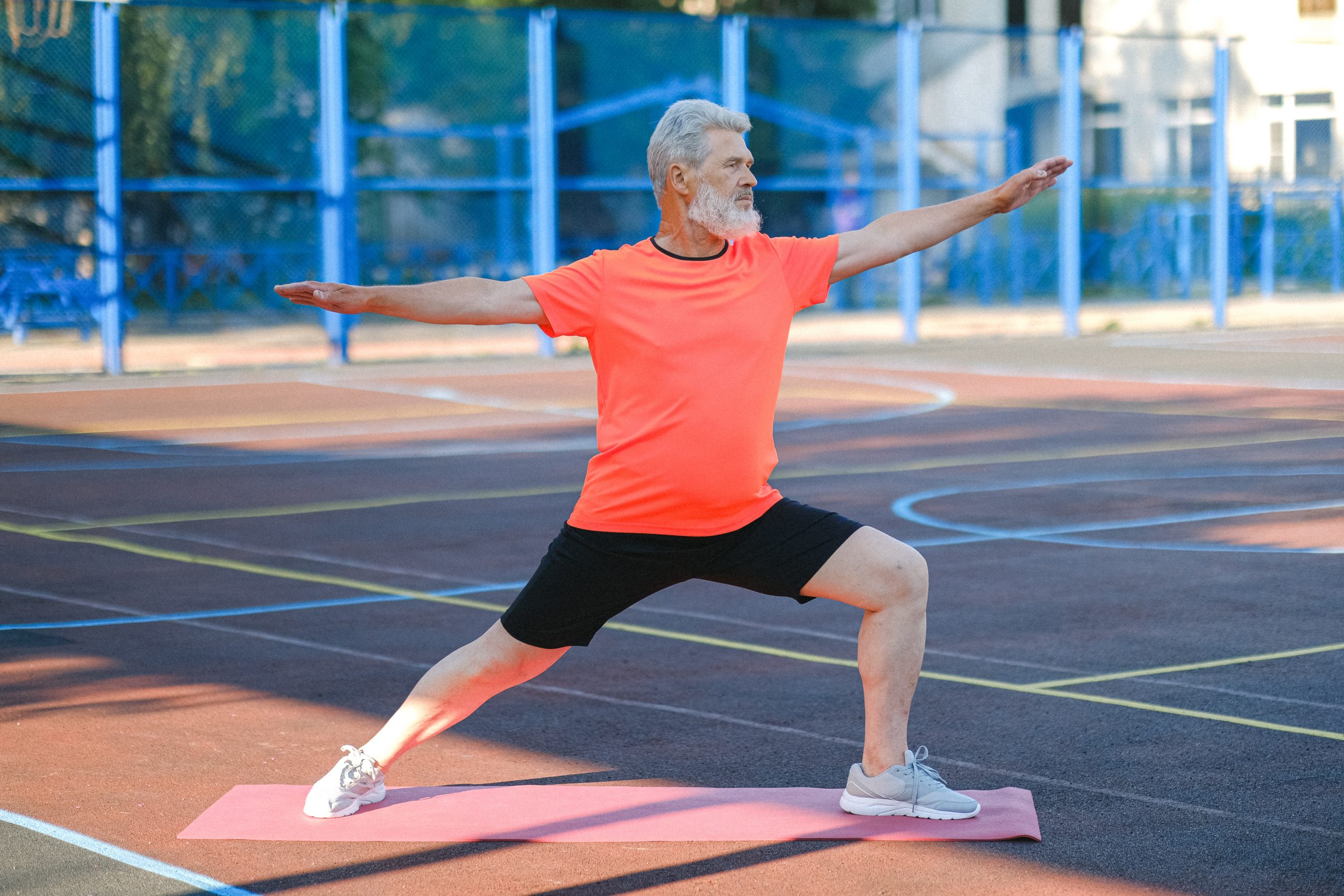Fitness
Why Are We Still an Inactive Society?
Any movement is good movement. Any amount of exercise is still better than none. The more we move, the better we live. So why then, with the latest report in over ten years, recently published by the U.S. Department of Health and Human Services (guided by a panel of experts named the Physical Activity Guidelines Advisory Committee), do Americans still sit on their couches?

To stay healthy, the exercise recommendations from the American Heart Association, and backed by the PAGAC, encourage adults to do the following:
- Get at least 150 minutes per week of moderate-intensity aerobic activity or 75 minutes per week of vigorous aerobic activity, or a combination of both, preferably spread throughout the week.
- Add moderate- to high-intensity muscle-strengthening activity (such as resistance or weights) on at least 2 days per week.
- Spend less time sitting. Even light-intensity activity can offset some of the risks of being sedentary.
- Gain even more benefits by being active at least 300 minutes (5 hours) per week.
- Increase amount and intensity gradually over time.
These organizations also recommend the following for kids:
- Children 3-5 years old should be physically active and have plenty of opportunities to move throughout the day.
- Kids 6-17 years old should get at least 60 minutes per day of moderate- to vigorous-intensity physical activity, mostly aerobic.
- Include vigorous-intensity activity on at least 3 days per week.
- Include muscle- and bone-strengthening (weight-bearing) activities on at least 3 days per week.
- Increase amount and intensity gradually over time.

Unfortunately, very few Americans follow this advice-just 19% of women, 26% of men, and 20% of adolescents (HHS 2018).
There are some key points to come out of the latest HHS report. These are the things you should pay attention to:
- Exercise boosts brain health
- Exercise improves depression management
- Exercise helps us sleep better
- Any amount of exercise improves quality of life
- Exercise is vital to weight management
- Counting steps makes a difference
- Higher-intensity exercise is better for cardiovascular health
- It is best to spread exercise throughout the week
- Children also benefit from regular exercise
- Exercise is a must as we grow older
 As you can see, regular physical activity helps make life less risky. Moderate to vigorous exercise reduces your risk of type 2 diabetes, gestational diabetes, hypertension (high blood pressure), heart disease, stroke, excessive weight gain, dementia (including Alzheimer’s), postpartum depression, and harmful falls.
As you can see, regular physical activity helps make life less risky. Moderate to vigorous exercise reduces your risk of type 2 diabetes, gestational diabetes, hypertension (high blood pressure), heart disease, stroke, excessive weight gain, dementia (including Alzheimer’s), postpartum depression, and harmful falls.
If you want to live your highest quality of life with improved energy and physical function, regular exercise is the best and only way to go. Keep moving…briskly!
References
2019 IDEA Health & Fitness Inc., Fitness Journal May 2019
PAGAC 2018 Scientific Report, Washington D.C., U.S. Department of Health and Human Services
